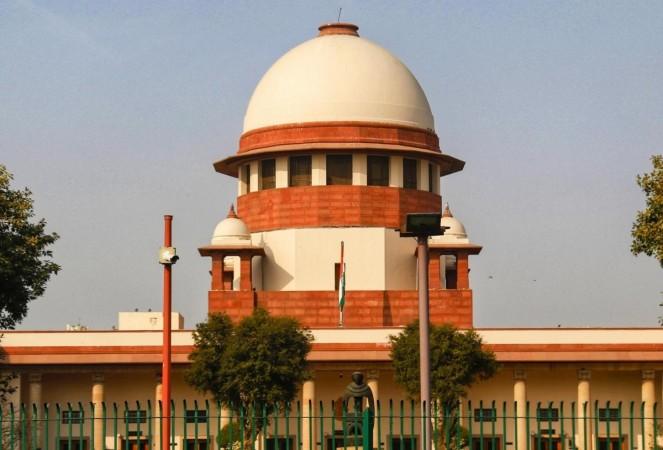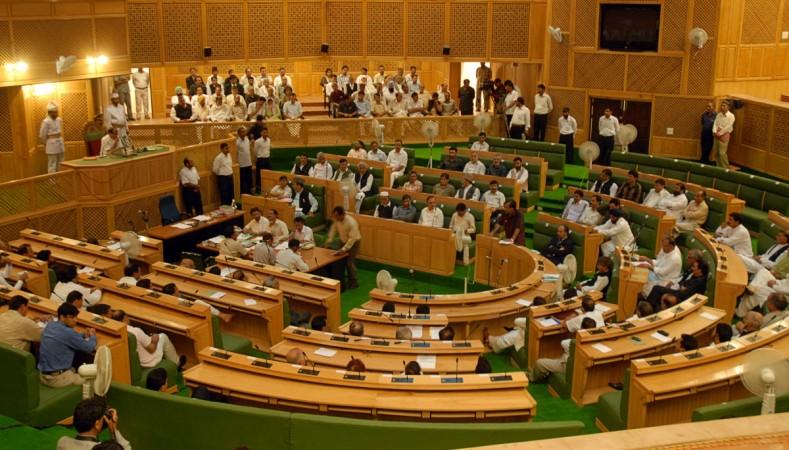
The Supreme Court of India has refused to entertain a petition challenging the Lieutenant Governor's authority to nominate five members to the Jammu and Kashmir Assembly. A bench comprising Justices Sanjiv Khanna and PV Sanjay Kumar declined to hear the matter, advising the petitioner to first approach the High Court of Jammu and Kashmir and Ladakh.
Petitioner Ravinder Kumar Sharma, represented by Senior Advocate Abhishek Manu Singhvi, argued that the unelected Lieutenant Governor's power to nominate members undermines the democratic process and electoral verdict. Singhvi contended that this provision could lead to manipulation of the assembly's composition and compromise the legitimacy of the elected government.
However, the Court emphasized that it's not inclined to bypass the High Court and pointed out that direct appeals to the Supreme Court often lead to overlooked details.
Justice Khanna noted, "In many cases where we have entertained at first instance, we see many things get left out."
This approach underscores the Court's commitment to ensuring that all legal avenues are exhausted before intervening.
Welcoming the decision of the Supreme Court petitioner, Ravinder Sharma told International Business Times that he would approach the High Court.
"After the decision of the Supreme Court, the matter has been opened for debate and we would effectively take up this matter before the Supreme Court", he said, adding, "The petition was filed in the Supreme Court before the declaration of the results of the Assembly elections in J&K".
Notably, Ravinder Sharma, who is chief spokesperson of the Jammu and Kashmir Congress, was the first to raise the issue of the nomination of five MLAs in the Legislative Assembly. It was only after Sharma raised this issue that a debate started in the political circle.

J&K Reorganization Act grants authority to LG to nominate five MLAs
The Jammu and Kashmir Reorganisation Act, 2019, grants the Lieutenant Governor the authority to nominate five additional MLAs, representing displaced Kashmiri people and those from Pakistan-Occupied Kashmir. This provision increases the majority mark in the assembly from 45 to 48, potentially impacting the government formation process.
In the recently concluded assembly elections, the INDIA coalition, comprising the J&K National Conference, Indian National Congress, and Communist Party of India (Marxist), secured 49 seats in the assembly. This majority surpasses the threshold even if the five nominated members are accounted for, rendering the nomination power less pivotal in this instance.
- The Lieutenant Governor's nomination power raises concerns about the democratic process and electoral representation.
- The nominated members could potentially alter the assembly's composition and influence government formation.
- The Centre's role in Jammu and Kashmir's governance, particularly through the Lieutenant Governor, sparks debates on federalism and state autonomy.
Supreme Court's Decision:
- Refused to entertain the plea challenging the Lieutenant Governor's nomination power.
- Advised the petitioner to approach the High Court of Jammu and Kashmir and Ladakh first.
This development highlights the ongoing debates surrounding Jammu and Kashmir's governance, federalism, and democratic representation. The High Court's potential review of this matter will be closely watched, as it may shed more light on the constitutional implications of the Lieutenant Governor's nomination power.

















